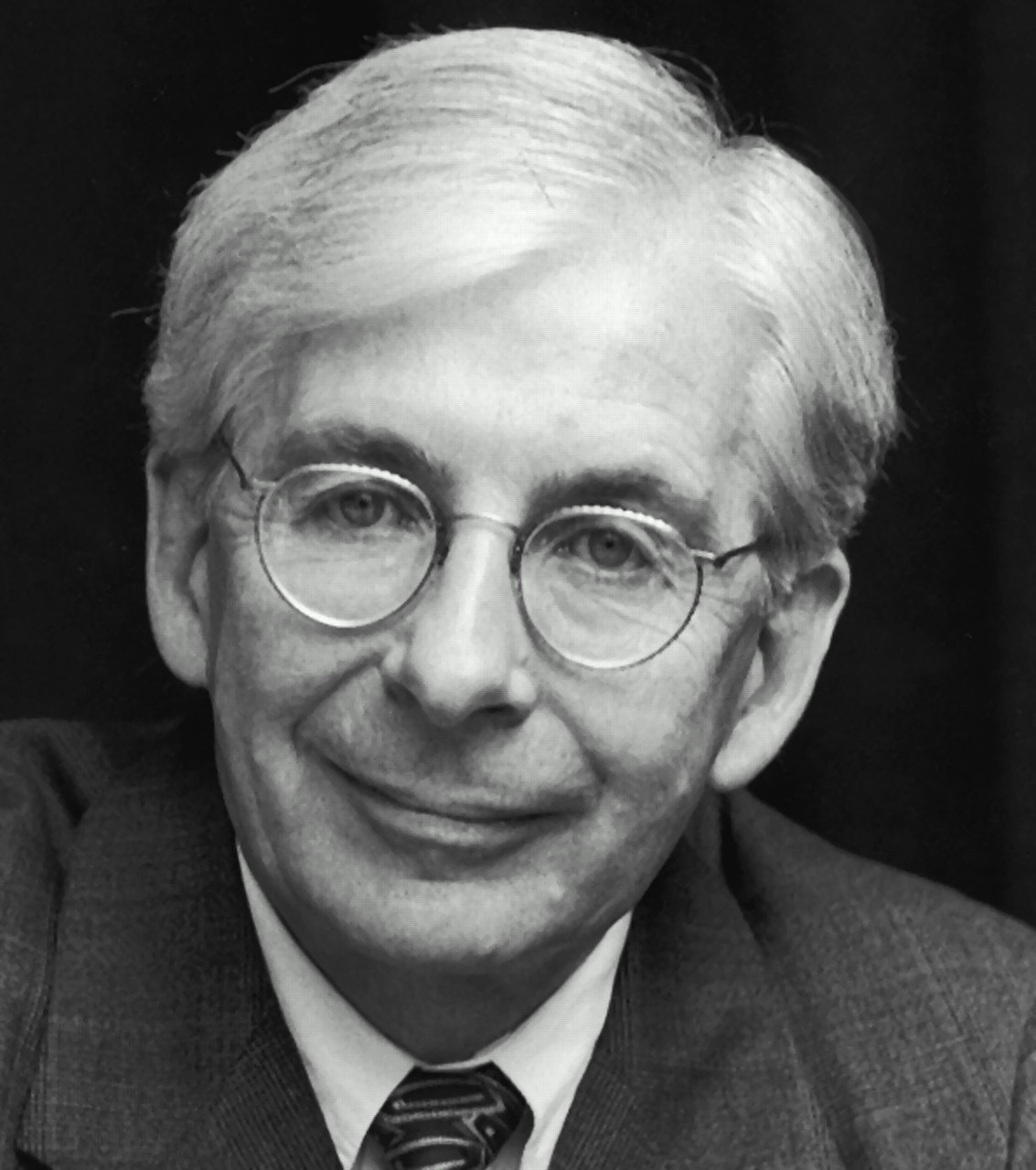Five weeks after our national elections, we finally got a new president-elect, and he will be sworn in later this month. It was impressive to see the statesmanship the losing candidate exhibited in his concession speech. He fought hard, probably won the popular vote, and disagreed with the Supreme Court’s final decisions, but was willing and able to put our country ahead of his personal feelings and interests. He emphasized the need for the two parties to come together to heal their disagreements and to respect their differences.
The winning candidate expressed similar sentiments and added his intention to reach out and work closely with members of the opposing party. He emphasized the many areas of agreement between his positions and those of his former opponent. They agreed on many major issues, but differed in approach. Clearly, they both respect the office of the presidency and its importance to our country and abroad.
Our executive, legislative, and judicial systems provide stability and a sense of security that don’t exist in most countries. Our citizens tolerated five weeks of uncertainty and wrangling without resorting to violence. Our system worked. I compare it with elections in other countries in which violence and killings are not unexpected.
Candidates for the U.S. presidency often emphasize extremes in order to hold on to parts of their political bases. Differences are highlighted and even manufactured as part of the political process. This and inadequate expression of major areas of agreement during the campaign tend to divide the country. Divisive campaigns filled with emotional rhetoric make it more difficult to come together after elections. Both presidential candidates began the healing process with their concession and acceptance speeches. Moreover, history has given us confidence that our politicians and the public will rally around the flag any time our country is threatened.
Some of the same political trends are evidenced in APA elections. At times, candidates and their supporters have vigorously attacked other candidates with uncivil, divisive language. When one of the candidates has been less active in APA, that individual’s campaign often includes an attack on APA. When it is over, the candidates may shake hands, but there is no publicized concession or pledge to support the winner. This may partially explain some of our members’ dissatisfaction and feelings of disaffiliation. Fortunately, negative campaigns are not routine in APA elections. Our current candidates for president-elect have different perspectives on issues and visions for the organization, but their disagreements have not become divisive attacks. We all appreciate their professionalism.
Our profession and our patients have been under siege, but I don’t sense a great deal of professional psychiatric patriotism. We have been threatened by economically driven health care, excessive government intrusion, destructive state and national legislation, and legal actions. Many of these threats aren’t palpable to some members. They don’t fully appreciate the work of district branches, Areas, and APA in dealing with most of the threats effectively and making progress with the others. Some members recognize the threats, believe we haven’t done enough about a particular threat or for them personally, attack the organization, and/or quit.
Our stability has been challenged by excessive distrust of each other, your elected leaders, and the staff. I have tried to identify some of the roots of our discontent. Civil dialogue at all levels and organizational transparency are essential in our efforts to eliminate these internecine struggles. We must be respectful and courteous toward each other even when we disagree. Losing candidates in APA elections must recognize the importance of a unified organization and publicize their support for our elected leaders.
In the past professional courtesy referred to recognition of a physician by other medical colleagues as part of the medical family and resulted in free or discounted medical care. It helped maintain a sense of goodwill and camaraderie among physicians. Economic forces have limited this form of gemutlichkeit. Lack of professional courtesy as described above is something we cannot afford. Our common professional calling must guide us in our behavior toward each other. ▪

